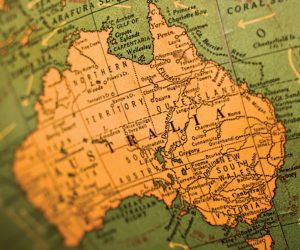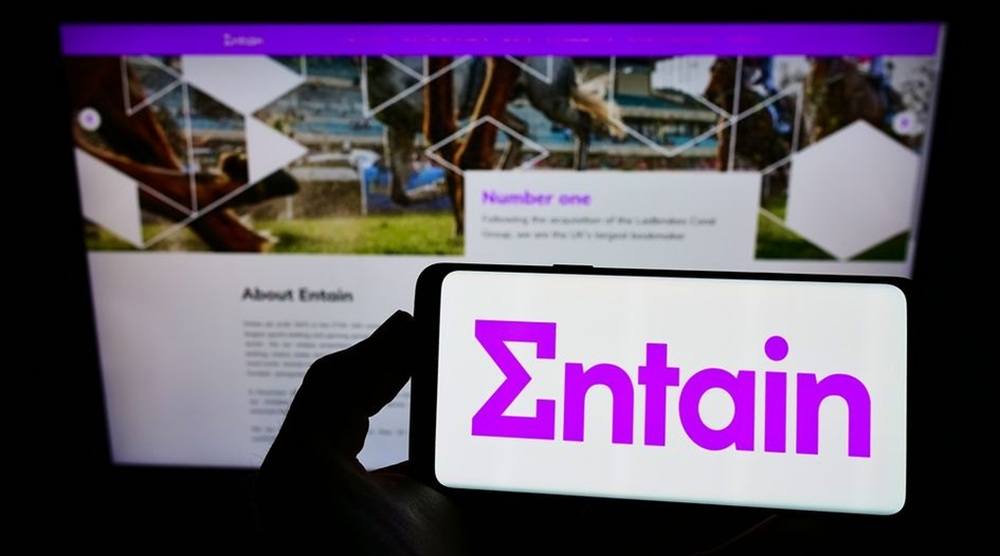As it happened: Senate delays housing vote; Watt stands firm on CFMEU administration amid protest

- by Admin
- September 18, 2024

And now to Victoria, where ExxonMobil’s proposal to use one of its empty offshore gas wells as a carbon-capture and storage facility has cleared a major hurdle.
In a statement, Victorian Planning Minister Sonya Kilkenny said Esso (a wholly owned subsidiary of ExxonMobil) would not be required to submit an environmental effects statement for the onshore component of the project.
ExxonMobil’s Marlin B platform in Bass Strait, which was traditionally the mainstay of Victoria’s gas supply but whose fields are now depleting rapidly.Credit: ExxonMobil
According to its referral to the minister, Esso plans to compress, dehydrate, transport and store carbon dioxide (CO₂) into the Bream oil and gas reservoir, which ceased production in 2020.
Esso says that, over time, its network of depleted oil and gas reservoirs off the coast of Gippsland could become a “scalable” carbon capture and storage (CCS) hub in the region.
Loading
Kilkenny acknowledged the project had “the potential for adverse effects” but said – without giving reasons – that these were unlikely to be complex, and could be addressed through existing statutory mechanisms.
“Residual effects on other environmental values (such as noise, air quality and traffic) and Aboriginal cultural heritage are also unlikely to be significant and can be readily addressed via respective existing statutory requirements,” she said.
Environment Victoria, which lodged a submission with the federal government opposing the project – which also extends into Commonwealth waters off the coast of Gippsland – expressed dismay at Kilkenny’s decision.
Senior climate and energy adviser Kat Lucas-Healey said carbon capture and storage was “unproven technology” that prolonged the burning of fossil fuels.
“The project presents unmanaged risks to locals and will lock in decades of seismic blasting if it goes ahead,” she said.
“If the project goes ahead, it will likely require seismic surveys over decades to monitor the storage for carbon dioxide leaks … Seismic surveys are one of the biggest threats to endangered marine species including the pygmy blue and southern right whales, which migrate and forage off Gippsland.”
The federal government will now consider the proposal.
The Latest News
-
December 23, 2024Sorry, Charlie. Son of Tiger makes his first career ace, but Team Woods loses to Team Langer on first playoff hole – Australian Golf Digest
-
December 23, 2024DAZN ADVANCES GLOBAL EXPANSION WITH ACQUISITION OF FOXTEL, A LEADING AUSTRALIAN SPORTS AND ENTERTAINMENT MEDIA GROUP
-
December 23, 2024Big-hitting Brit emerges from the shadows after breakout year
-
December 23, 2024‘White as a ghost’: When Lee’s lightning spell felled an Angel and sent Waugh running
-
December 22, 2024Billionaire-backed sports streamer buys Foxtel





